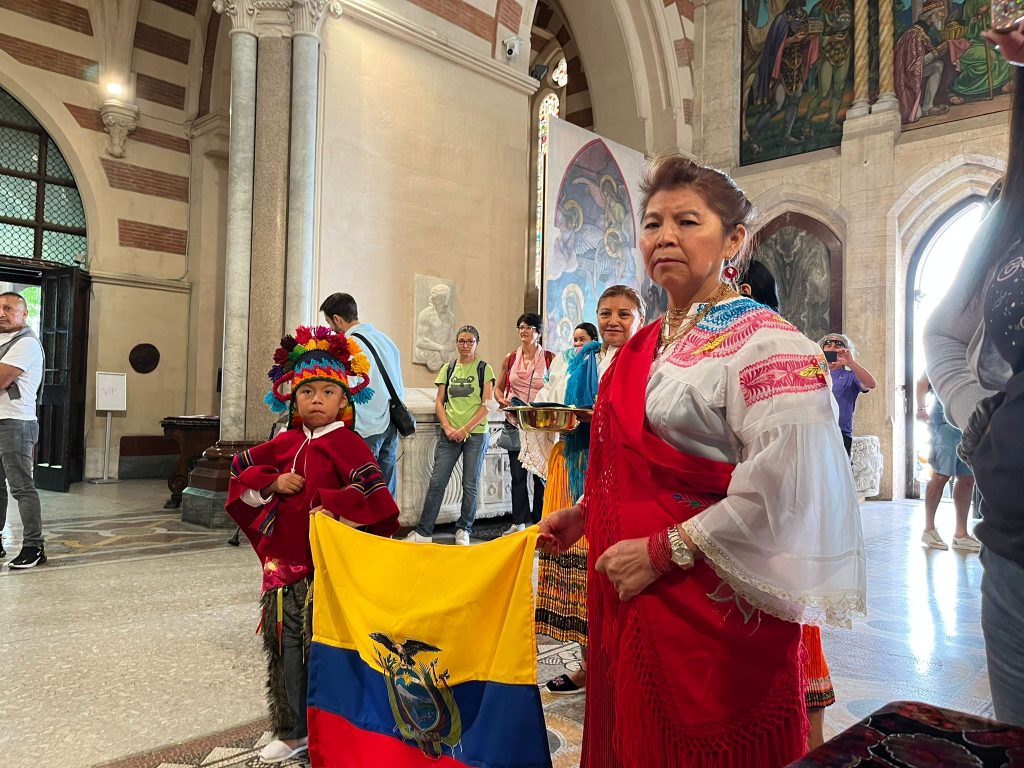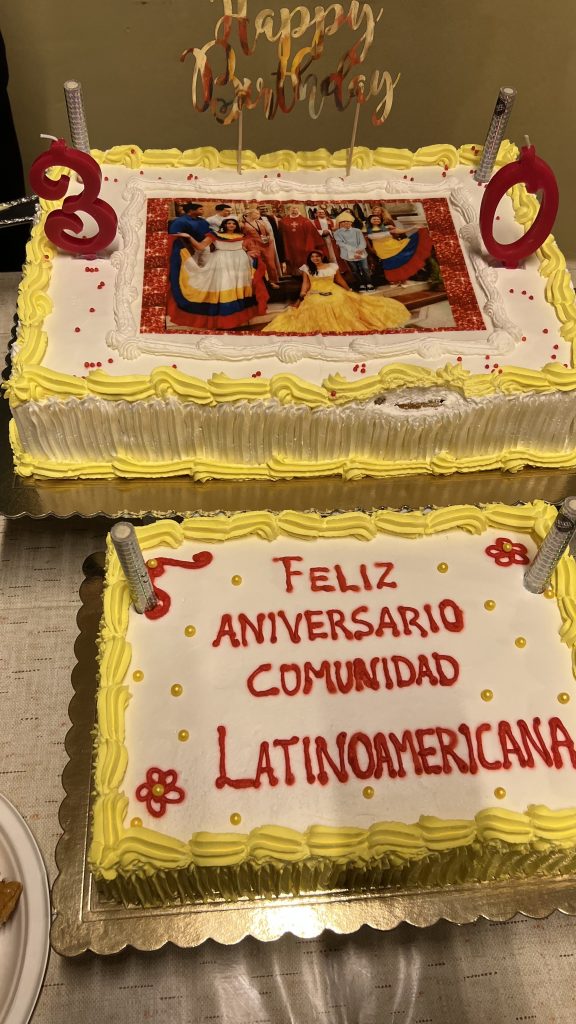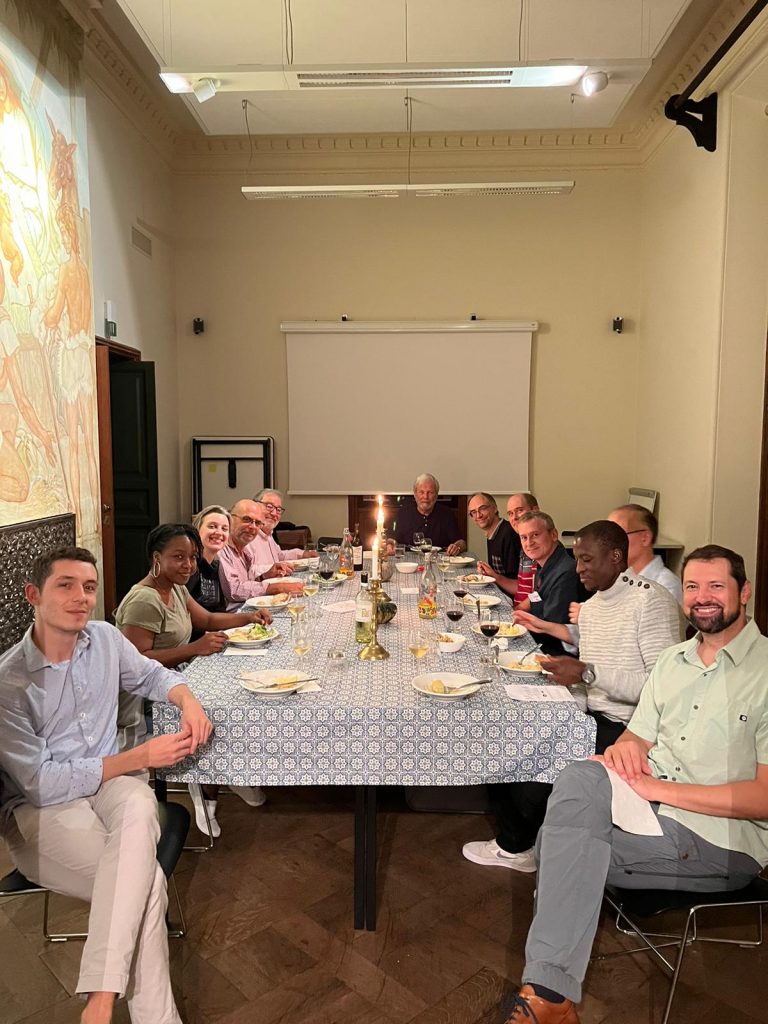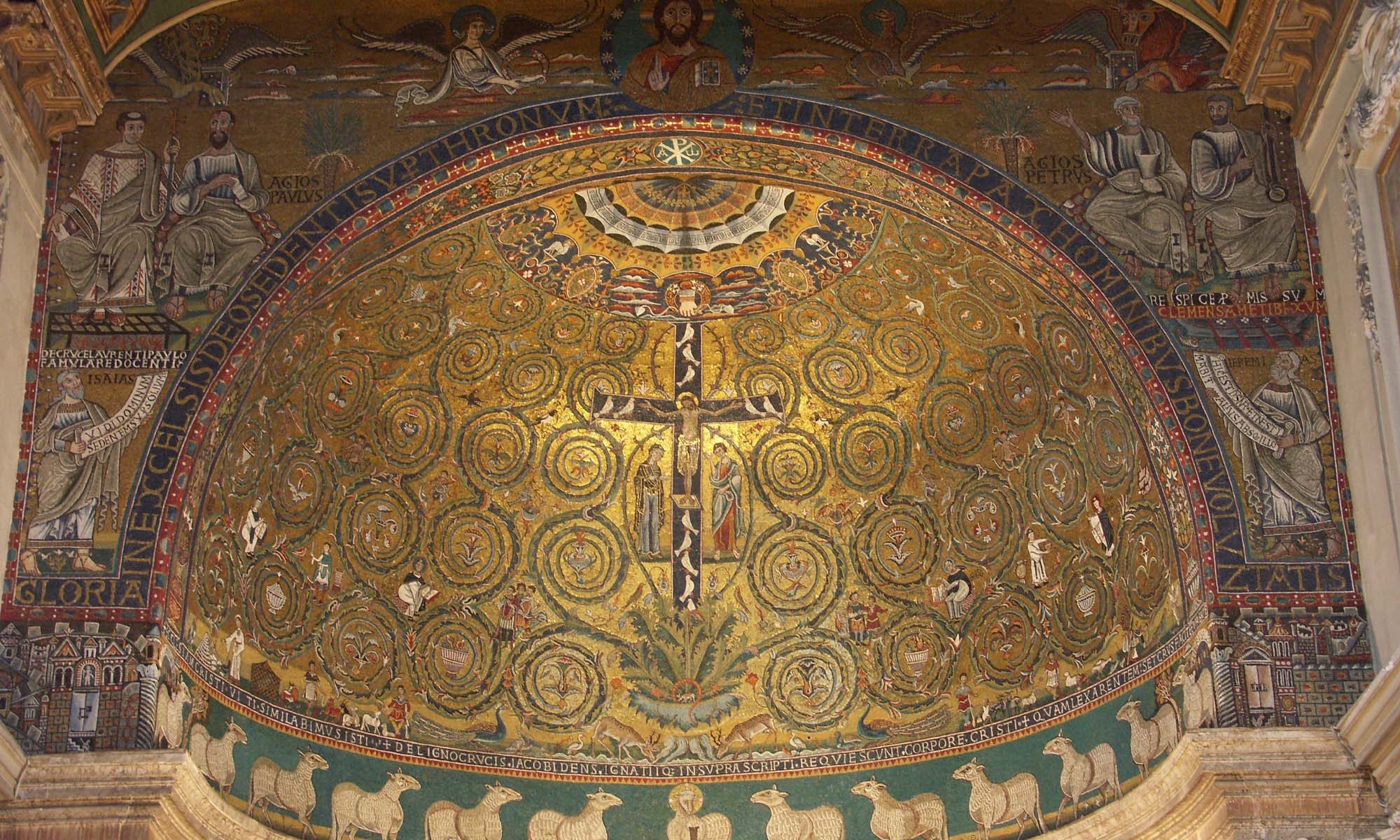After two summer months in New York and England, where I accompanied Archbishop Ian Ernest to the Lambeth Conference and helped man the Anglican Center booth, I finally returned to continental Europe mid-September. The missionary vocation of the Church has been particularly at the center of my attention in recent months and weeks.
Mid-September, I spent a few days in Paris where I was able to participate in the services of the French-speaking mission of the Résurrection. Since last fall, new people have arrived at the mission, attracted by the possibility of celebrating in French in the Episcopal tradition. Despite the difficulties and often limited resources, the French-speaking mission developed in Paris, under the leadership of Rev. Dumond. I believe that it could undoubtedly attract even more people if more resources were given to it and it was better integrated into the life of the Cathedral community.
When I talk to French people about what I do as a missionary of the Episcopal Church in Europe, they often show a lot of curiosity and interest. In the context of the Church of France where scandals mark the Catholic Church and still make the headlines of the newspapers and while more than 60% of French people do not declare any religious affiliation, the Episcopal Church intrigues and attracts by its democratic governance and its openness to social issues. Even before any proselytizing intention, I believe that in an ecumenical spirit, making the riches of the Anglican and Episcopal tradition accessible to a greater number of French-speaking people could enrich our churches which today need to share their charisms. A French-speaking episcopal presence makes accessible a model of church that is traditional, consultative and open.
At the end of September, I returned to Rome just in time to celebrate a very special anniversary: the 30th anniversary of the Latin American mission in Rome. The mission was founded at a time when many South Americans (especially people from Ecuador, Honduras and Peru) arrived in Italy to find jobs in restaurants, helping the elderly or in services. Far from home, the Episcopal Church has provided them with a second family and the Latino community in Rome at St. Paul is now one of the finest examples of an inculturated Episcopal Church in Europe, paradoxically (and wonderfully!) in a migrant culture!


All St. Paul activities resumed in early October, including Wednesday Within the Walls, a communal, multicultural, multilingual meal where we pray, sing, read the Gospel, and discuss the many ways whose Lord has touched our lives.

